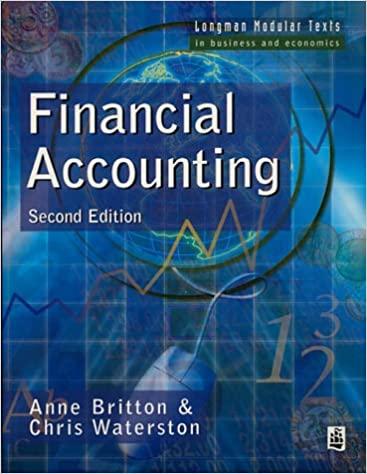Question 2 (20 marks) Milan a retired Malaysian Chinese who ordinarily resides in Singapore, purchase residential property in Tai Po for $20.000.000 in Iuly 2017 for investment purpose. Mr. did not own any other residential property in Hone Kone at the time of the purchase. The property was subsequently let to Mr. Chan for 3 years starting from 1 September relevant terms of tenancy agreement were extracted below: did not own roperty in Tai Por Chinese who Monthly rent: $30,000 payable at the beginning of each month Rent free period of one month from 1 September 2017 Initial premium of $60,000, payable on signing the lease agreement Rates of $3,000 per quarter, payable by Mr. Tanto the government Management fees: $1.000 per month payable by the landlord Rental deposit: $60,000 payable on signing the lease agreement. As per the lease agreement, the rental deposit is used to compensate any loss of revenue when the tenant defaults in payment. In October 2017, the property underwent certain repairs for $3.000. The tenant did not douce the repairs cost from the rental payment. On March 2018, the tenant advised Mr. Tan that he had moved out of the flat due to a water dripping problem, and refused to pay the rent for the month of March. Mr. Tan immediately paid $40,000 to repair the property and fixed the water dripping problem in a week. The tenant moved back into the property on 1 April 2018 and continued to pay the rent from that date. Mr. Tan hired a lawyer to recover the March rental from the tenant and incurred a legal fee of $5,000 On 30 June 2018, the tenant terminated the lease and moved out of the flat. Mr. Tan deducted one month's rental from the rental deposit to compensate for the unpaid March rental and refunded $30,000 to the tenant upon termination of the lease. Since then, the property has been left vacant. Mr. Tan incurred $16,000 per month as mortgage interest. He also paid $15,000 for property agency fee for sourcing the tenant. Required: (a) Determine the property tax payable by Mr. Tan for the years of assessment 2017/18 and 2018/19. Ignore provisional property tax and any tax or rates waiver or reduction in your calculations. (12 marks) (b) Discuss the stamp duty liabilities of Mr. Tan when he purchased the property in July 2017. (4 marks) (c) A friend of Mr. Tan in Hong Kong advised him that if he elects for personal assessment, he could be able to deduct his mortgage interest from the assessment. Discuss if this is valid. (4 marks) Question 2 (20 marks) Milan a retired Malaysian Chinese who ordinarily resides in Singapore, purchase residential property in Tai Po for $20.000.000 in Iuly 2017 for investment purpose. Mr. did not own any other residential property in Hone Kone at the time of the purchase. The property was subsequently let to Mr. Chan for 3 years starting from 1 September relevant terms of tenancy agreement were extracted below: did not own roperty in Tai Por Chinese who Monthly rent: $30,000 payable at the beginning of each month Rent free period of one month from 1 September 2017 Initial premium of $60,000, payable on signing the lease agreement Rates of $3,000 per quarter, payable by Mr. Tanto the government Management fees: $1.000 per month payable by the landlord Rental deposit: $60,000 payable on signing the lease agreement. As per the lease agreement, the rental deposit is used to compensate any loss of revenue when the tenant defaults in payment. In October 2017, the property underwent certain repairs for $3.000. The tenant did not douce the repairs cost from the rental payment. On March 2018, the tenant advised Mr. Tan that he had moved out of the flat due to a water dripping problem, and refused to pay the rent for the month of March. Mr. Tan immediately paid $40,000 to repair the property and fixed the water dripping problem in a week. The tenant moved back into the property on 1 April 2018 and continued to pay the rent from that date. Mr. Tan hired a lawyer to recover the March rental from the tenant and incurred a legal fee of $5,000 On 30 June 2018, the tenant terminated the lease and moved out of the flat. Mr. Tan deducted one month's rental from the rental deposit to compensate for the unpaid March rental and refunded $30,000 to the tenant upon termination of the lease. Since then, the property has been left vacant. Mr. Tan incurred $16,000 per month as mortgage interest. He also paid $15,000 for property agency fee for sourcing the tenant. Required: (a) Determine the property tax payable by Mr. Tan for the years of assessment 2017/18 and 2018/19. Ignore provisional property tax and any tax or rates waiver or reduction in your calculations. (12 marks) (b) Discuss the stamp duty liabilities of Mr. Tan when he purchased the property in July 2017. (4 marks) (c) A friend of Mr. Tan in Hong Kong advised him that if he elects for personal assessment, he could be able to deduct his mortgage interest from the assessment. Discuss if this is valid. (4 marks)







